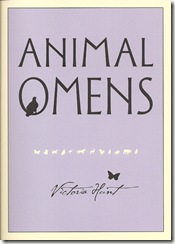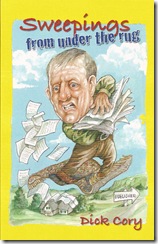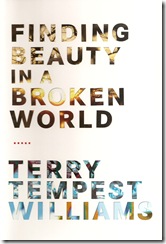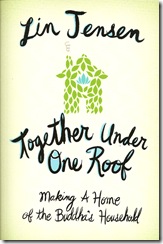According to an author's note, Victoria Hunt "has studied metaphysics and earth spirituality for over twelve years. A third-level Reiki master and member of the British Druid Order, she teaches Celtic-based earth-centered spirituality. . . ." Her new book, "Animal Omens" ($15.95 in paperback from Llewellyn Publications) describes almost thirty "animal encounters" (nine from friends) which, she writes, may help people "reconnect with the world of nature" and through nature to the Spirit world.
Hunt will sign copies of her book in conjunction with the Chico Art Studios Tour this Saturday from 11:00 a.m. to 4:00 p.m. at Felver’s Corner Art Gallery & Antiques, 196 East 15th Street in Chico.
Each "encounter," such as seeing a crow in an oak tree or a toy snake in the park, is followed by an "Omen" section about the characteristics of the animal (Crow has an "ability to move undetected between the dimensions of time and space"; Snake symbolizes "death and rebirth") with guidance for what such an encounter might mean. Crow, she writes, points to change, and brings "a message from the Otherworld"; Snake says "you will soon shed some aspect of yourself that no longer serves you."
Hunt reveals something about her own journey, describing a "shift in consciousness" in the mid-1990s "as a member of a family of hereditary 'ultra-sensitives,' people whose senses are heightened beyond the normal" which may even include "the gift of levitation" in her bloodline. She talks about her spirit guide, Balthazar, and her experience with past-life regression, garnets and auras, the Fair Folk of the woods, and her service to "My Lady," the Goddess, who tells her of metaphysical "philosophies held for only the most enlightened seekers."
In her comments on the white tailed kite, symbolizing "powers of the mind," the author writes that "our inner being, in its truth and purity, is held back by layer upon layer of mind and body and subconscious chatter. We lie naked and vulnerable in the mud of fear, longing to be released, to fly above what we are in physical form, past what holds us back and keeps us chained."
Though Hunt's gnostic worldview is inimical to my own, we do share a common interest in learning aright from the animals.




